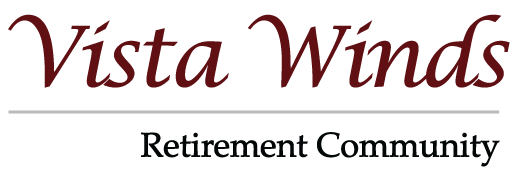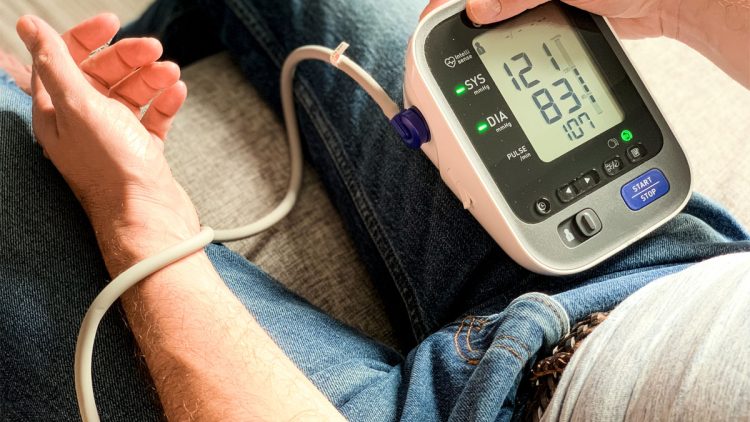Elderly Ailments
Age, hereditary reasons, and gender make it just about impossible for elderly people to avoid turning into a chronic disease number. As reported by NCOA research, around ninety-five percent of elderly people aged sixty and older have at least one ailment, while around eighty percent have two or more. You most likely have a parent or grandparent
Chronic obstructive pulmonary disease (COPD)
Eleven percent of elderly people were treated for COPD —a continual disease that includes two primary conditions: chronic bronchitis and emphysema. This disease makes it difficult to breathe and respiratory, chest tightness and chronic coughing.
Alzheimer’s disease and dementia
Almost twelve percent of elderly people on Medicare received treatment for Alzheimer’s disease or another type of dementia. Alzheimer’s disease is one particular type of dementia—an ailment that causes memory loss and challenging to think or solve problems to the point that it interferes with day-to-day activities. Dementia is not an everyday part of aging and is caused by changes in the brain after a while.
The greatest risk factors for these chronic ailments are things you usually can’t control, comprising of age, family history, and genetics.
Depression
Sixteen percent of elderly people sought out treatment for depression—a treatable medical ailment that is not a normal part of getting older. Depression causes continual feelings of sadness, hopelessness, cynicism, fatigue, challenging to make decisions, appetite changes, a lack of desire for activities, and/or more.
Hypertension (high blood pressure)
Just about sixty percent of elderly people were treated for hypertension—a common ailment that involves both the amount of blood your heart pumps, in addition to how resistive your arteries are to the blood flow. When your heart pumps a lot of blood, and you have restrictive arteries which resist the flow, resulting in high blood pressure, also referred to as hypertension. The risk of hypertension is that you could have it for years and be unaware of it, but it can lead to other serious health ailments, such as strokes and heart attacks.
Diabetes
Twenty-seven percent of elderly people got treatment for diabetes—a disease that happens when your body is resistant to, or does not create enough, insulin. That is what your body utilizes to acquire energy from food, and allocates it to your cells. When this doesn’t occur, resulting in high blood sugar, which can lead to complications heart disease, kidney disease, or loss of vision. The chance of having diabetes increases after age forty-five.
However, if you or someone you know is struggling to control a chronic condition, there are programs in your community that can give assistance to, such as the Chronic Disease Self-Management Program. CDSMP is a little over a month long interactive, small-group seminar that aids participants to build the skills required to manage how chronic conditions impact their lives.
Vista Winds Is An Upscale Retirement Community Located In Peoria, Arizona
If you are doing research about retirement communities in Peoria, Arizona, Vista Winds Retirement Home should definitely be on your list. Vista Winds offers retirement living at its finest. We have a rich calendar of activities, meals prepared by a Chef and caregivers on staff 24 hours a day for your health and safety. We offer award winning independent living, assisted living and memory care services. Come tour our community to see how we are a step above the rest and how easy it is to Make Yourself at Home! Vista Winds is surrounded by amazing views and our resort style property will be sure to impress!


